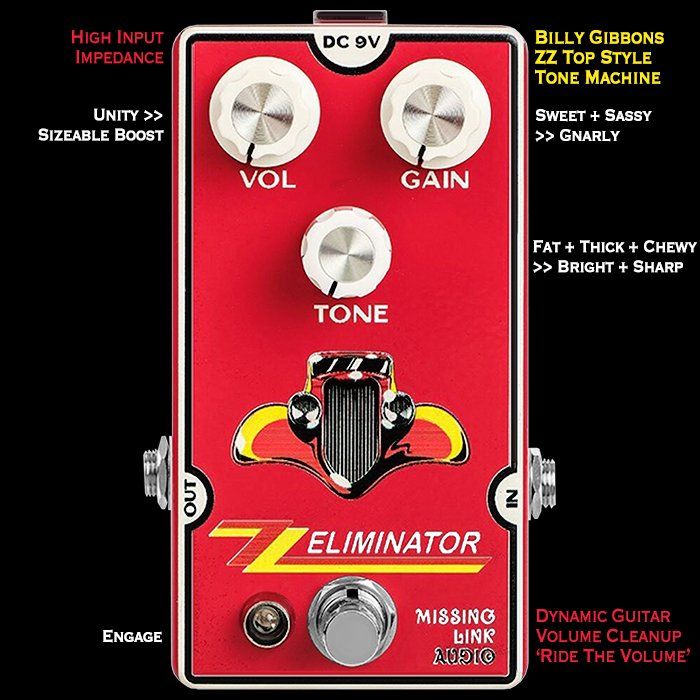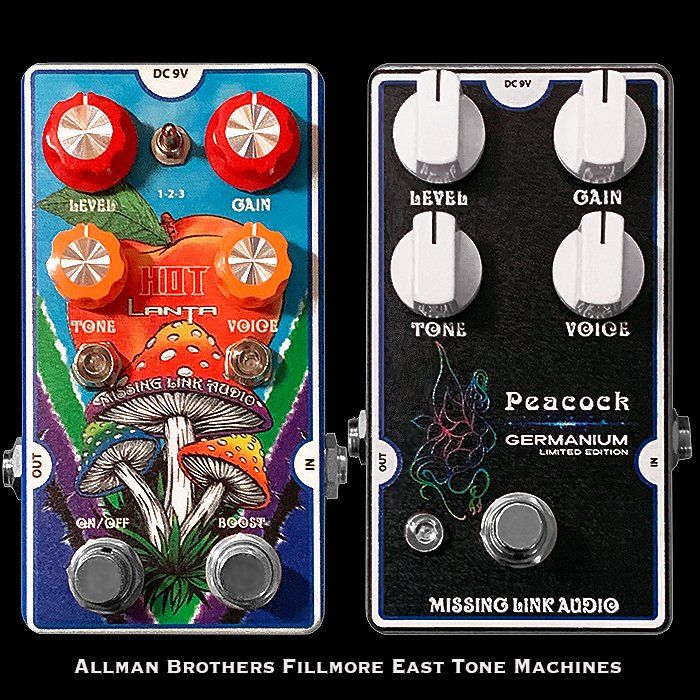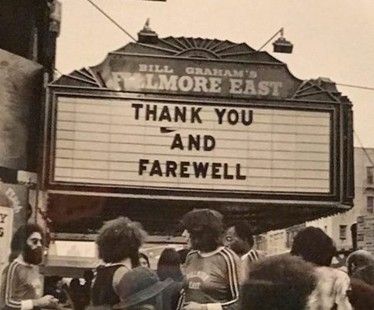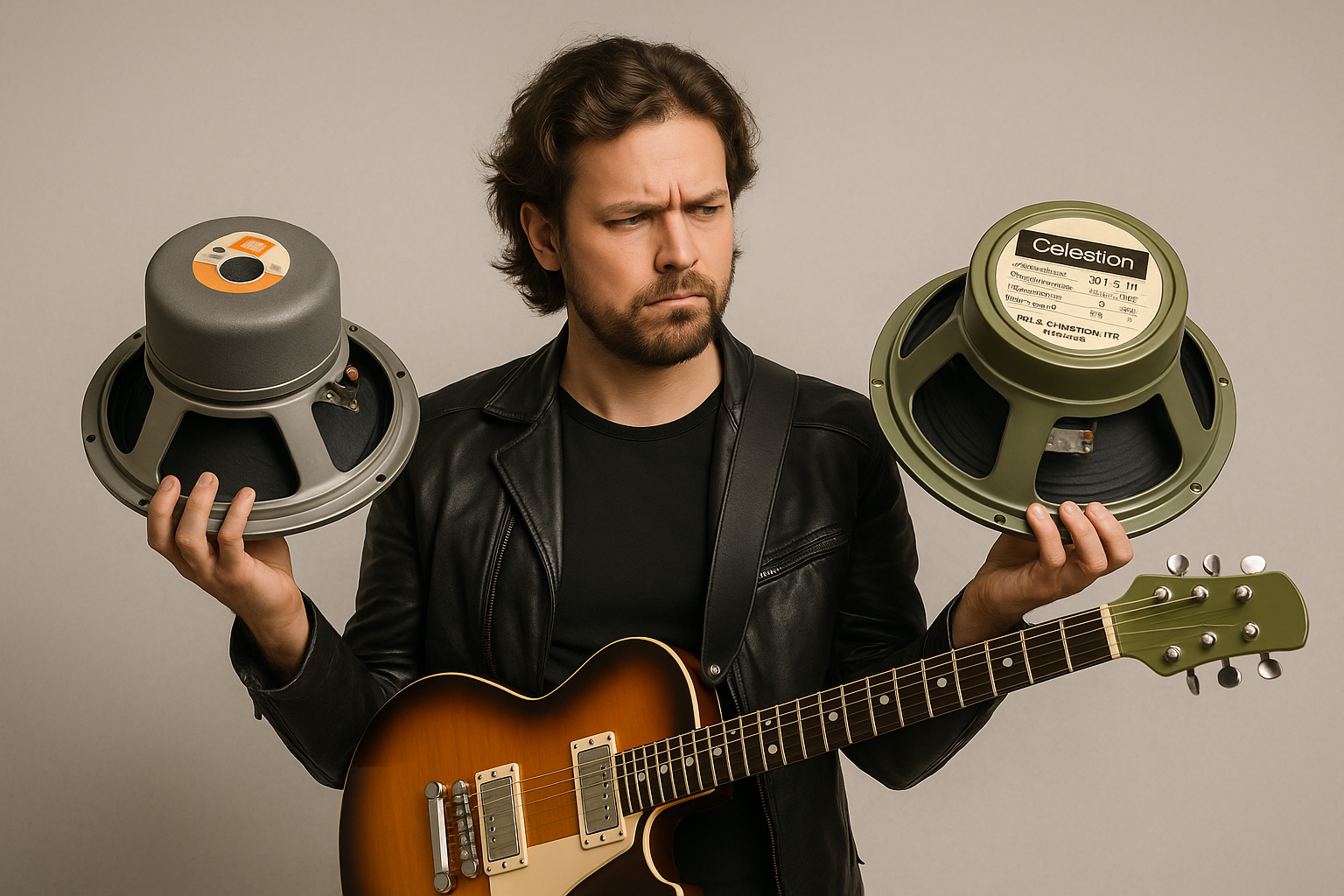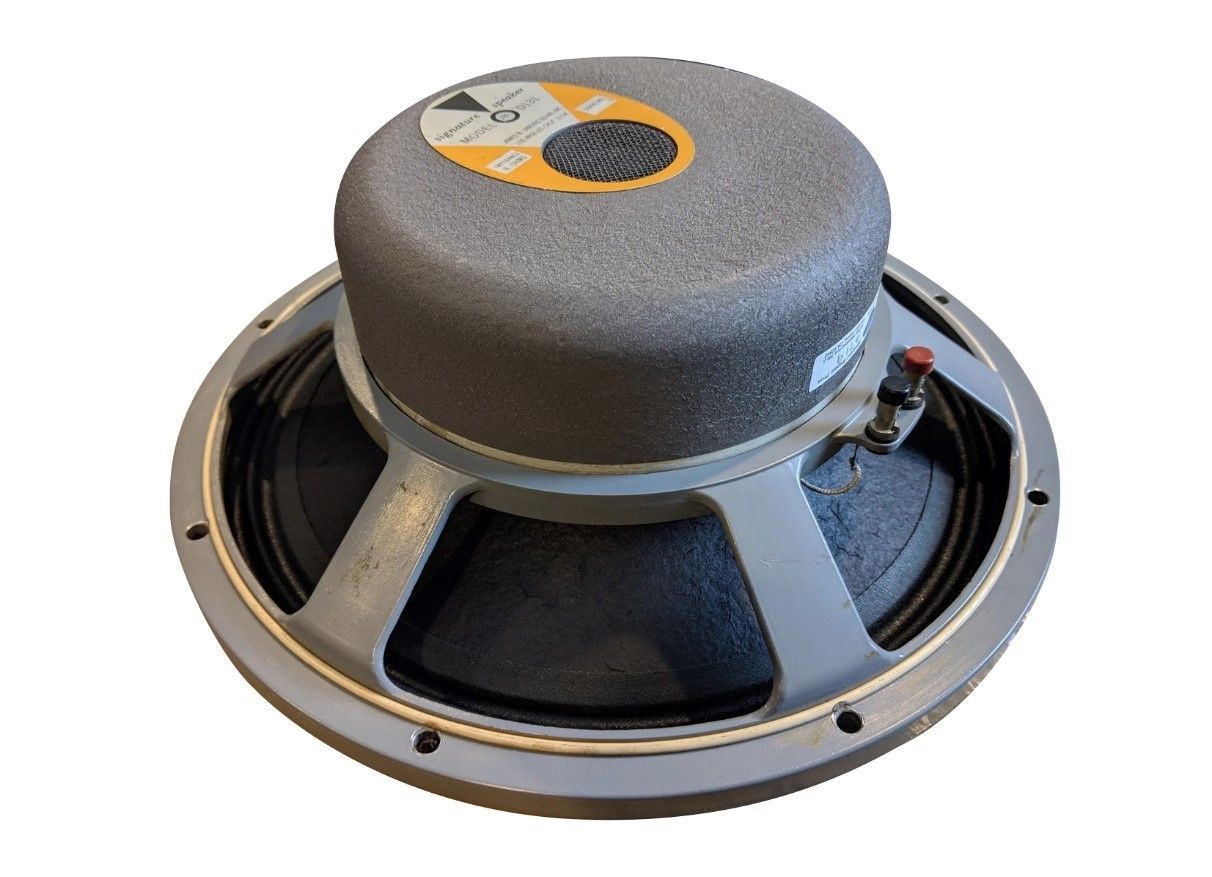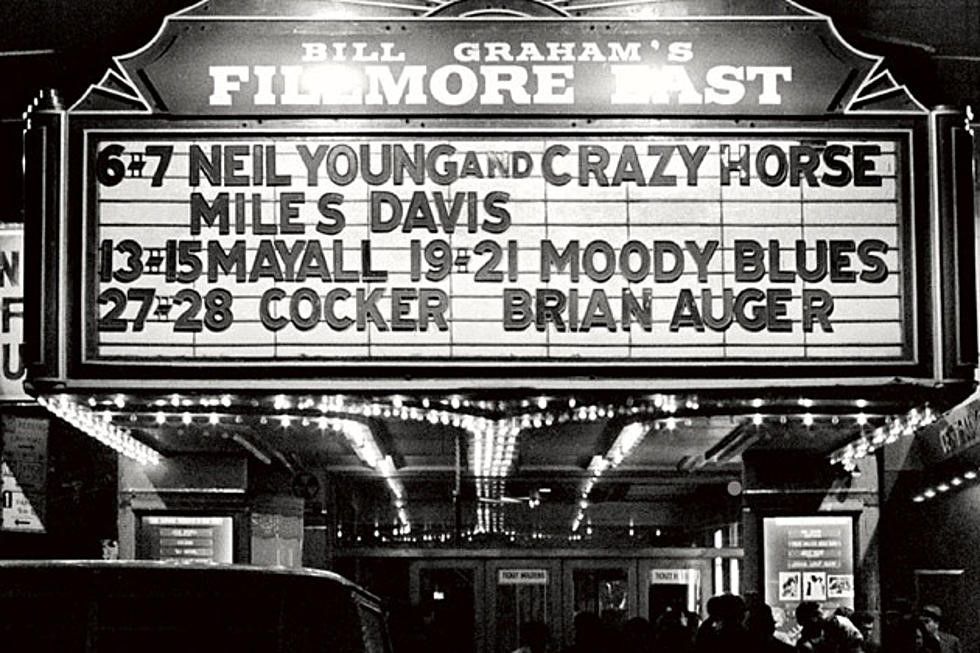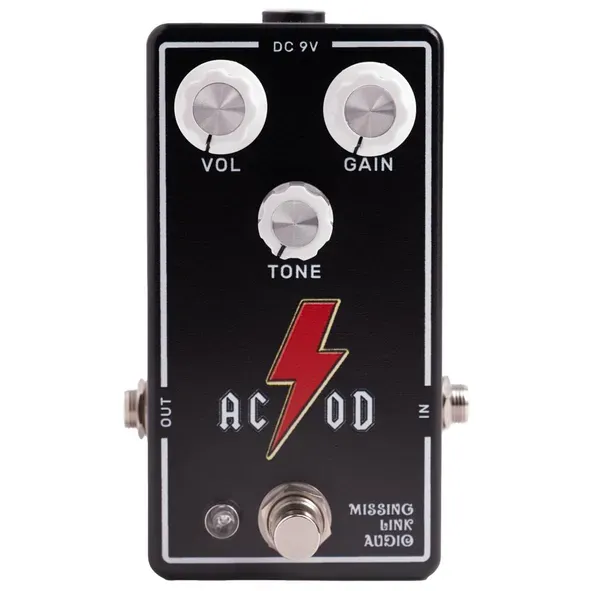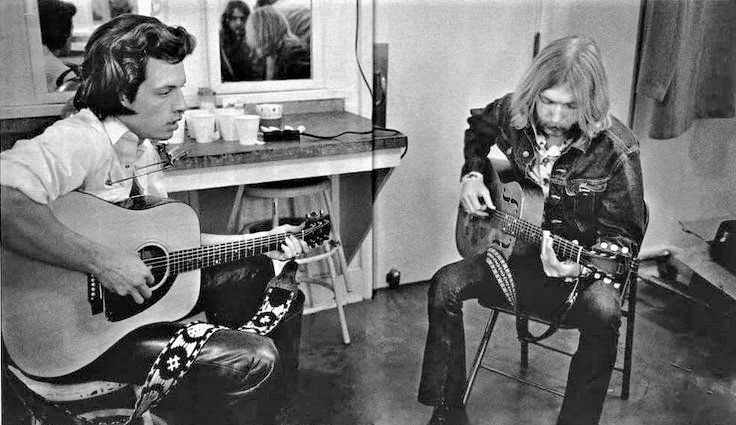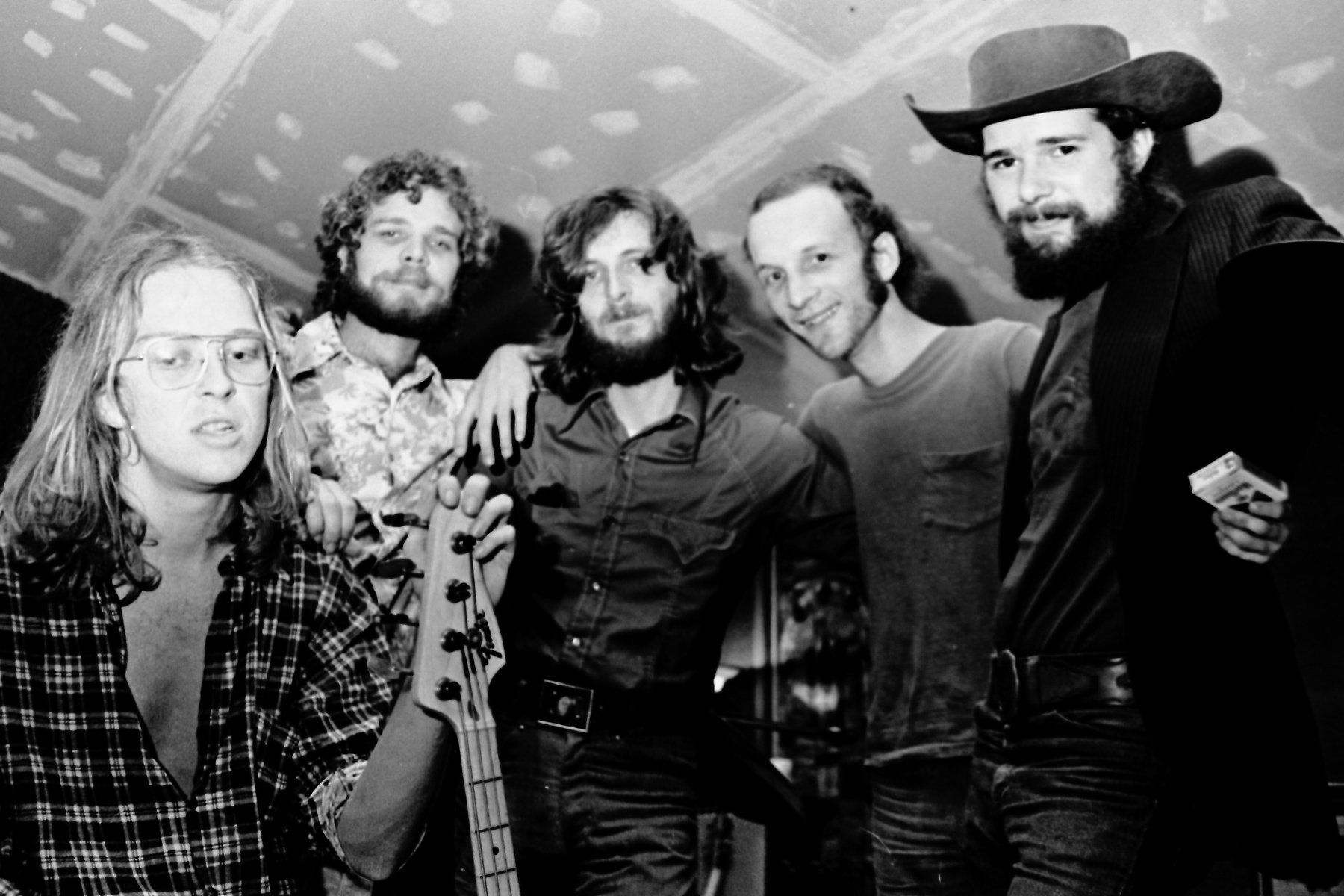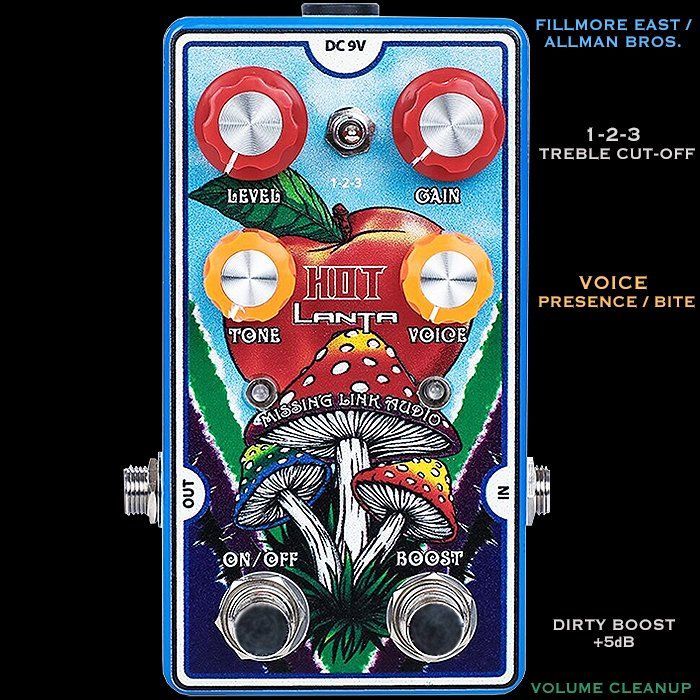On the Road with Duane Allman
Part One of an Interview with Producer and Engineer Johnny Sandlin:
Legendary Producer Johnny Sandlin talks about playing and recording with Duane Allman in this two-part interview.
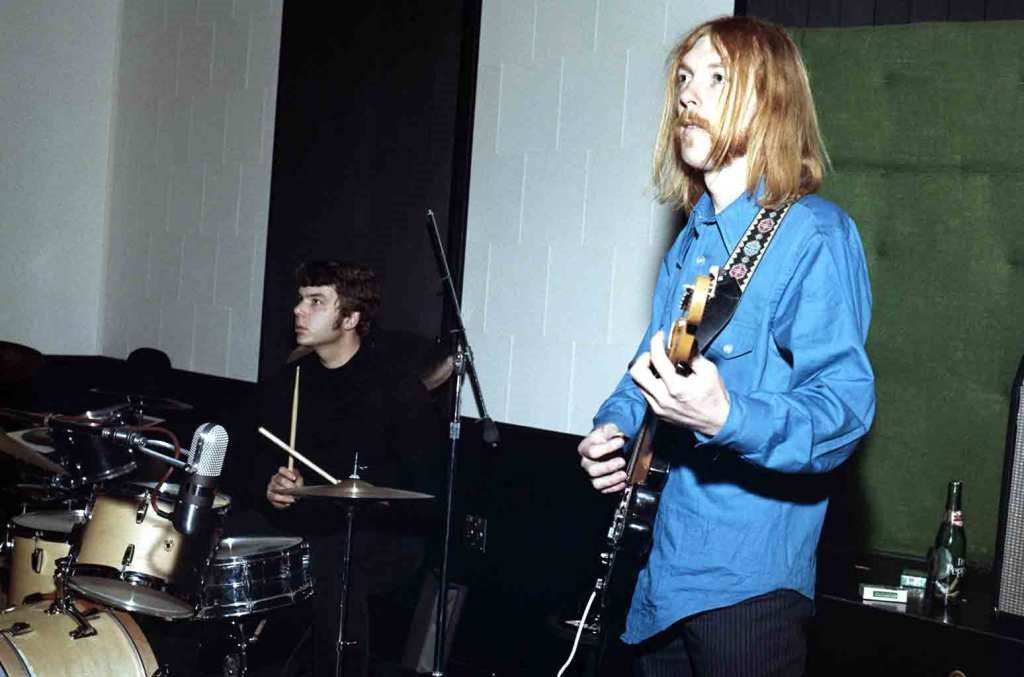
This interview was recorded in the summer of 2000 and sat on the shelf for more than 23 years before being re-discovered and transcribed to share with music fans everywhere. Johnny Sandlin was such a remarkable talent and was happy to share the stories of his friend Duane Allman.
Johnny Sandlin, an Alabama Music Hall of Fame inductee and producer/engineer best known for his work with Gregg Allman, The Allman Brothers Band, Widespread Panic, Col. Bruce Hampton and the Aquarium Rescue Unit and Chuck Leavell, and many more was born in Decatur, Alabama, and attended Athens State University. Sandlin began his music career as a guitar player in The Impacts, a band he co-founded while attending Decatur High and went on to become the drummer of The Five Minutes, was also a member of Hour Glass alongside Duane and Gregg Allman, and recorded as a session musician in Miami, playing drums, bass, and guitar. He began producing albums with Johnny Jenkins' Ton-Ton Macoute! (1970), and went on to mix At Fillmore East (1971) and Eat a Peach (1972), and produce Brothers and Sisters (1973), and Win, Lose or Draw (1975) and a string of successful albums followed throughout the years.
Johnny passed away on September 19th 2017 and his interview 17 years prior was very enlightening and it was a joy to sit and learn from him. I hope you find it just as enjoyable as I did.
Interview:
When was the first time that you met Duane Allman and what was that experience like?
I think it was 1965 in Pensacola Florida. We were in a band called the 5 Men-its and Duane and Gregg were in the band the Allman Joys and were playing in this place called Spanish Village, and they had an inside bar dance area as well as an outside patio and, on the weekends, bands would play in both places, and so they were playing out on the patio and we were playing inside. It was just a great place to play. I was absolutely blown away with Duane when I heard them playing.
What impressed you the most?
During that time, a lot of the songs we would hear on the radio were from British bands and I really did not listen to them. But what impressed me the Allman Joys was, they would play these same songs much better than the record. Greg was a great singer and Duane’s guitar playing was the best I had ever seen. He was playing a Tele at the time and had a Vox distortion booster mounted on the guitar. Whenever he would go for a distorted lead, he would use his little finger just to flip it on. This was long before there were a lot of pedals and effects.
How would you compare his playing from that time up to the time of the Hour Glass?
Well, Paul Hornsby and I were playing more rhythm and blues with the 5 Men-its and Gregg and Duane were playing more contemporary music, so we took the best of both and combined them together. Duane’s playing never slacked off, he just kept getting better of course. And this was around the time Duane switched from the Tele to a Strat and I remember one amp that we sort of shared in common, was a 59 Fender Bassman that we found four JBL D110 speakers for. And he used that on stage for a good period of time, and it was amazing, the JBL’s seemed to make it all louder (laughing). I tell players today, the JBL speakers were a big part of Duane’s tone and you can’t get close to that without them.
What kind of gear was the band using early on with the Hour Glass?
We had an endorsement with Vox, Duane, and Gregg both used Super Beatle amps and we would blow those up every week. So they were great sounding while it lasted, but we would have to take them out to the factory to get them fixed every week. Vox would go through them quickly and get them back to us. They just wouldn't hold up very well.
What do you think turned people onto Duane Allman, was it his playing or was it his personality?
Well, I think at first it was his guitar playing, but then he had a special personality... Once people heard him play, they always wanted to meet him and learn more about him. People recognized the talent and how outstanding he really was. Here we are still talking about him today in 2000…. He was still just a kid compared to us today, and played on all these well-known records that people are still listening to today. Name me one musician today that can boast he will be remembered that way, years later….
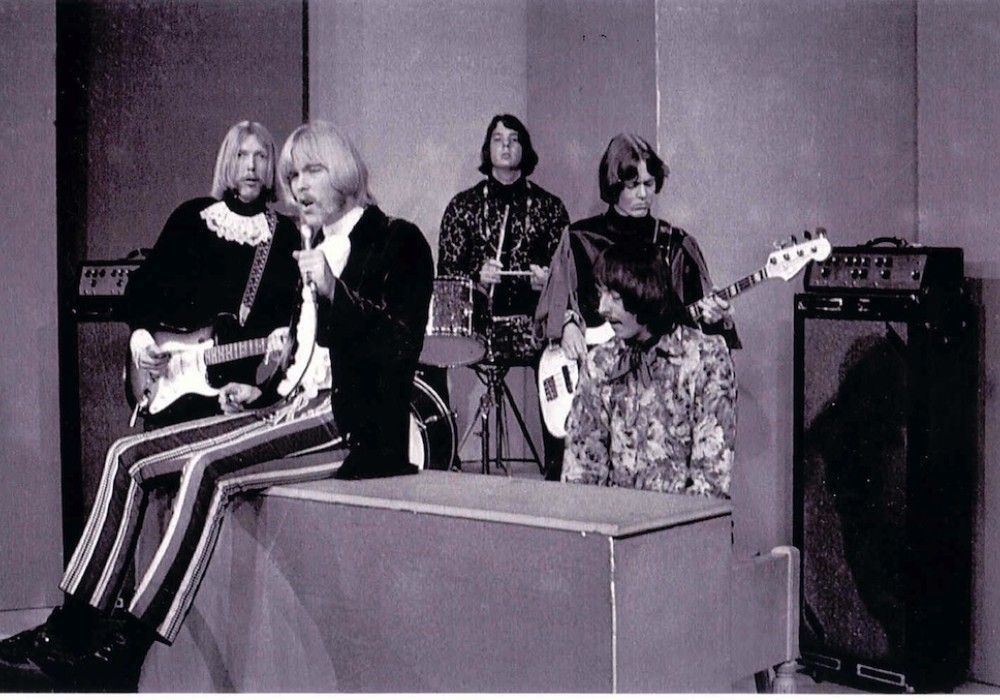
What music was inspiring Duane at that time, what was he listening to?
We were listening mainly to Blues music like Elmore James, Muddy Waters and a lot of the music recorded on Chess Label as well as the guys on the Peacock Label I guess, Bobby Bland and that type of music. And I know once he saw Jesse Ed Davis play slide with Taj Mahal he really picked up the pace with learning to play slide and he didn’t put it down.
Duane had this fire inside him that didn’t let up when it came to life and music and I could relate to that because I was the same way. Name a job that Duane ever had outside of music up until he died… I’m the same way I have always worked with making music in one way or another. You know, he was always wanting something from an emotional part, something from the heart. He didn’t listen to music that was scripted or formulated by some big record company.
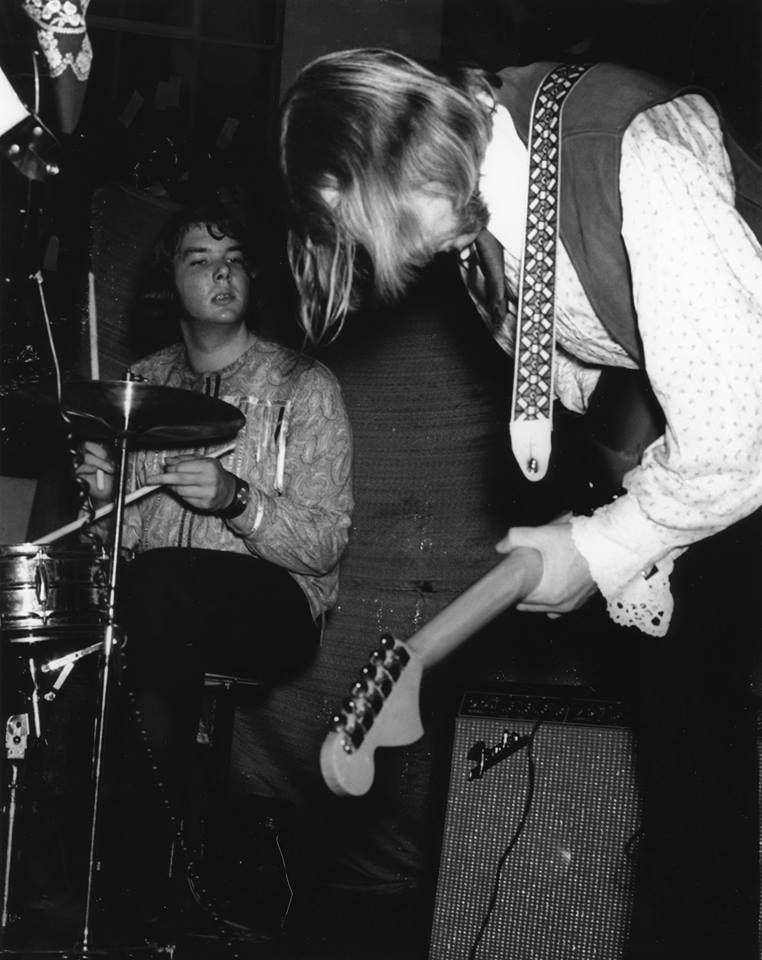
What advice would Duane give to an upcoming guitar player today if he were alive?
“Go back to the basics, go back to were it all came from, the blues…”
Duane was a well-read person and knew the history of music. He had a huge vocabulary and he learned these things by always studying and reading books. He had a huge quest for knowledge and could converse with anyone on any level. You need to listen to a wide range of music and have a good sense of music history. It’s not about just going back and listening to Duane and learning what he did, its just as important to find out were Duane learned those things from and why he loved playing them. Duane drew his energy from a
source, find that source and start from there and then you will better understand who Duane was.
Tell me about your first time hearing the Allman Brothers.
I was in touch with Duane during that time while he was putting the band together.
The first time I heard them was in Daytona and I was just blown away. He always wanted his own band and his own sound and he really got that. He had switched up to a Les Paul and some humbucking guitars, which was quite different than what I had heard him play earlier and they had switched to Marshall amps and some Fenders. His sound had started to change.
I could see where the influences were coming from and how he was blending these sounds and developing his own take on the music he wanted to play. He definitely had a sound he wanted in mind and he kept developing that. I remember having him around Macon at the studio and he would always volunteer to sit in and play on any recording we were doing. He was inspiring to have around the studio and it made the other musicians play better when he was. You didn’t want to screw up around Duane, he says (laughingly)…… He always made people play at the top of their abilities.
And since Duane’s passing, there have been great musicians in that band at different times with Warran Haynes and Dereck Trucks and of course Jack Pearson, that have all done really well. Back when Berry died, Lamar Williams really floored people when they heard how fast he stepped up and learned the songs. He was a great bass player.
In Conclusion:
Johnny Sandlin was a very generous person and spent a considerable amount of time sharing stories with me on the day of the interview in 2000. Part two of this interview will include stories about working with Jerry Reed to recording the Brothers and Sisters album and a lot more.
